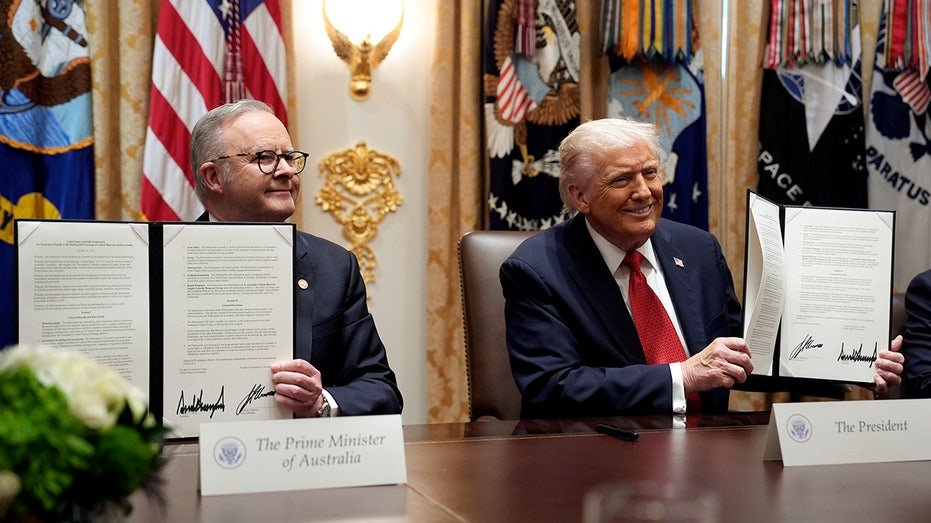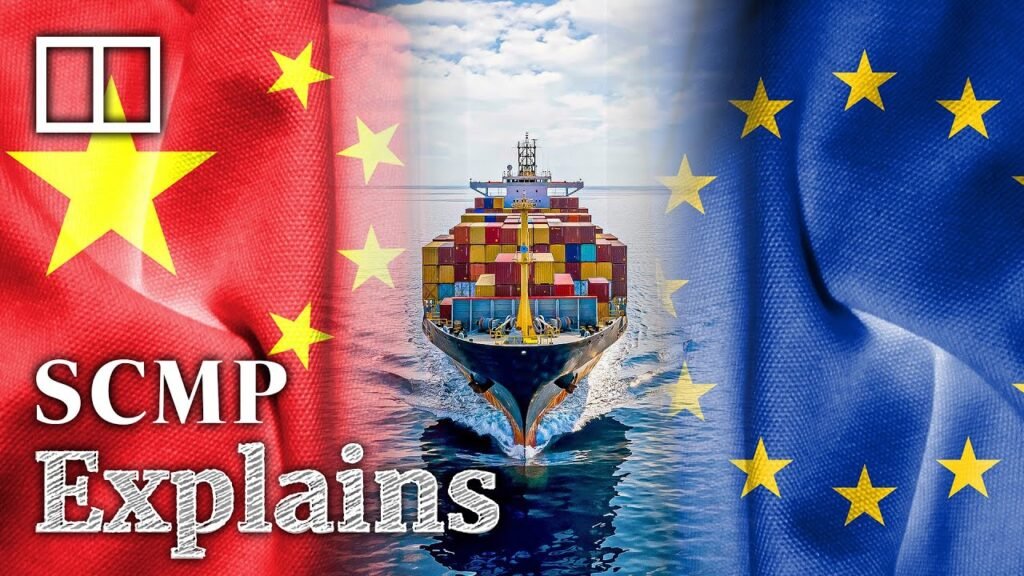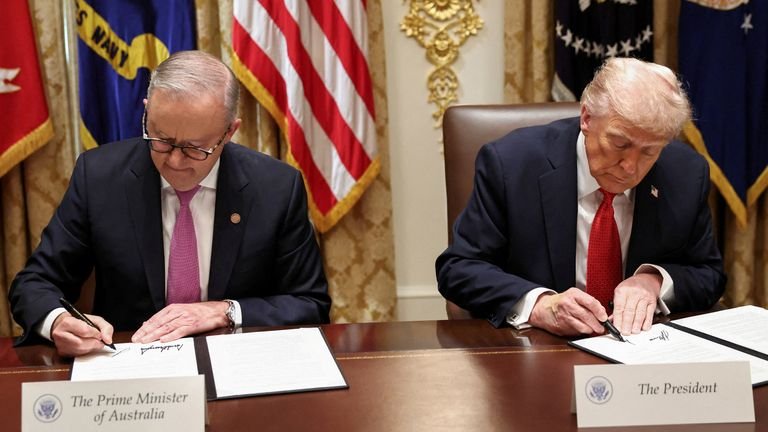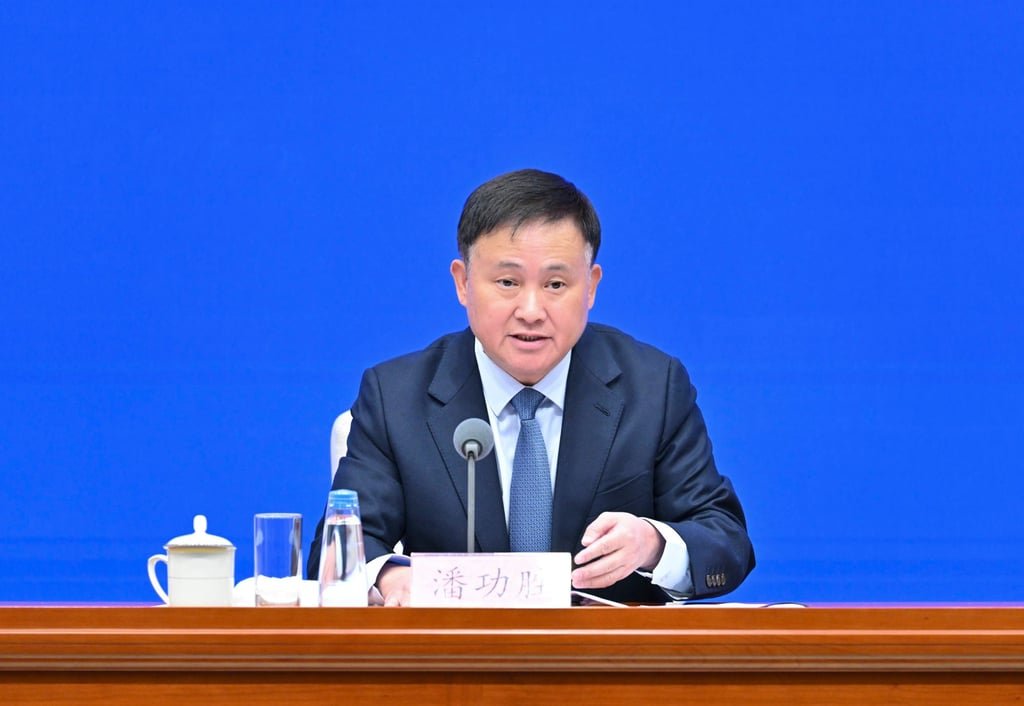US Soybeans Shipments to China Drops to Zero
According to data released Monday by China’s General Administration of Customs, soybean imports from the US dropped to zero from 1.7 million metric tons a year earlier, as reported by Reuters. Analysts attributed the fall to high tariffs on US products and the completion of sales from previously harvested American supplies.
Wan Chengzhi, an analyst at Capital Jingdu Futures, said that, “This is mainly due to tariffs. In a typical year, some old-crop beans would still enter the market,”as quoted by Reuters.
South American Soybean Exports Surge in China
While imports from the US vanished, shipments from South America surged. Arrivals from Brazil rose 29.9% year-on-year to 10.96 million tons, accounting for 85.2% of China’s total soybean imports, as per the report. Imports from Argentina also jumped sharply, up 91.5% to 1.17 million tons, or 9% of total purchases.

Live Events
China’s Soybean Imports Reach Second-Highest Level in September
Overall, China’s soybean imports in September reached 12.87 million metric tons, the second-highest level on record, reported Reuters.China has not purchased any US soybean cargoes from this autumn’s harvest. With buyers securing shipments mainly from Brazil and Argentina through November, aided by Argentina’s brief tax holiday, the window for US soybean sales is closing quickly, as per the report.ALSO READ: Texas Instruments stock drops after Q3 earnings miss and cautious outlook – what investors need to know
US soybeans Farmers Could Face Heavy Losses
Without a breakthrough in trade talks, analysts warn that US farmers could face significant losses as Chinese processors continue sourcing from South America. However, Beijing may also risk a potential supply gap early next year before Brazil’s new crop becomes available, as per the Reuters report.
Risk of Soybean Supply Gap in Early 2026
Johnny Xiang, founder of Beijing-based AgRadar Consulting, said, “A soybean supply gap may emerge in China between February and April next year if there’s no trade deal in place. Brazil has already shipped a huge volume, and no one knows how much old-crop stock remains,” as quoted by Reuters.
Trade Talks Between Beijing and Washington Regain Momentum
Trade discussions between Beijing and Washington have shown signs of renewed momentum after weeks of tariff threats and export restrictions, as per the Reuters report. US President Donald Trump said on Sunday that he believed a soybean agreement would eventually be reached, as per the report.
Brazil Dominates China’s Soybean Imports in 2025
From January to September, China imported 63.7 million tons of soybeans from Brazil, up 2.4% year-on-year, and 2.9 million tons from Argentina, up 31.8%, as per the Reuters report. Despite the halt in recent US shipments, total imports of American soybeans so far this year have reached 16.8 million tons, an increase of 15.5% from the same period last year, as per the report.
FAQs
Why did China stop buying soybeans from US?
Because of high tariffs and ongoing trade tensions between the two countries, as per the Reuters report.
Which countries are supplying soybeans to China?
Brazil and Argentina, as per the Reuters report.







